
News
We commemorate the victims of Hanau
4 March 2020
The terrible racist attack in Hanau also left its mark on us. How can we continue working against the background of murders of ten people? How can we further intensify our efforts for an anti-racist “society of the many”? Why is there no big outcry? These are some of the questions we are currently asking ourselves.
Today (04 March 2020) the central funeral rally takes place in Hanau. We follow a call from the Hessian unions and today from 11.50am to 12.00pm we will stop work, pause and mourn the dead. That is the least we owe to the murdered and their grieving friends and relatives.
We remember
The nine people who were murdered became victims because the perpetrator perceived them as alien in his racist world view. He also killed his mother for unknown reasons. The victims were Hanauers who worked as waiters, courier companies and exterminators or who trained as bricklayers and machine operators. They have names. We should learn it and never forget it.
Ferhat Unvar
Gökhan Gültekin
Hamza Kurtović
Said Nesar Hashemi
Mercedes Kierpacz
Sedat Gürbüz
Kaloyan Velkov
Vili-Viorel Păun
Fatih Saraçoğlu
Gabriele Rathjen
#Saytheirnames
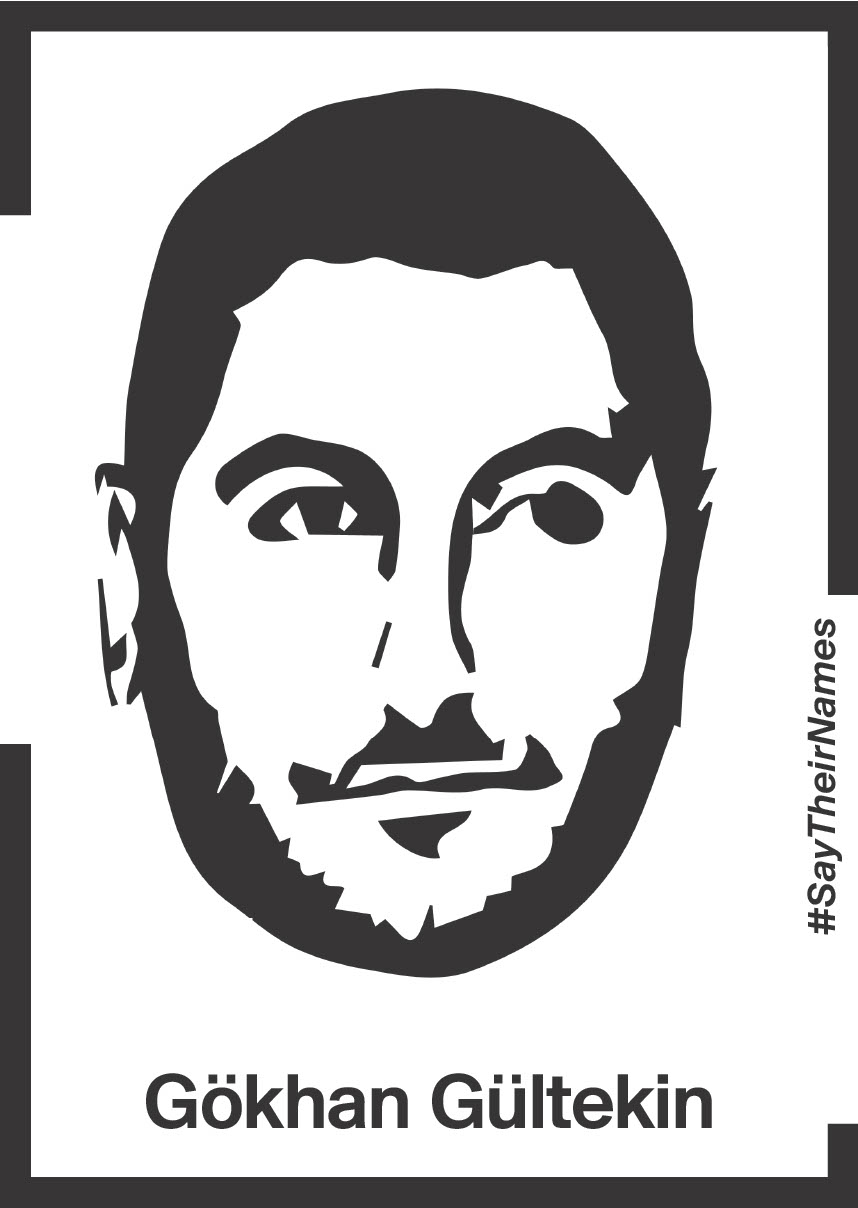
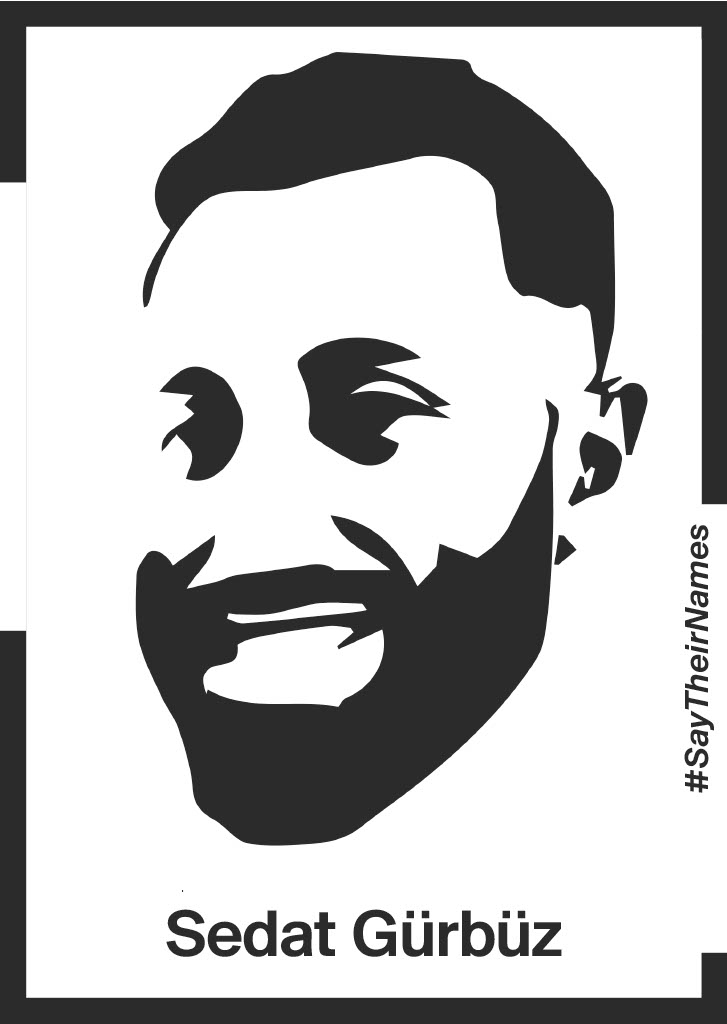
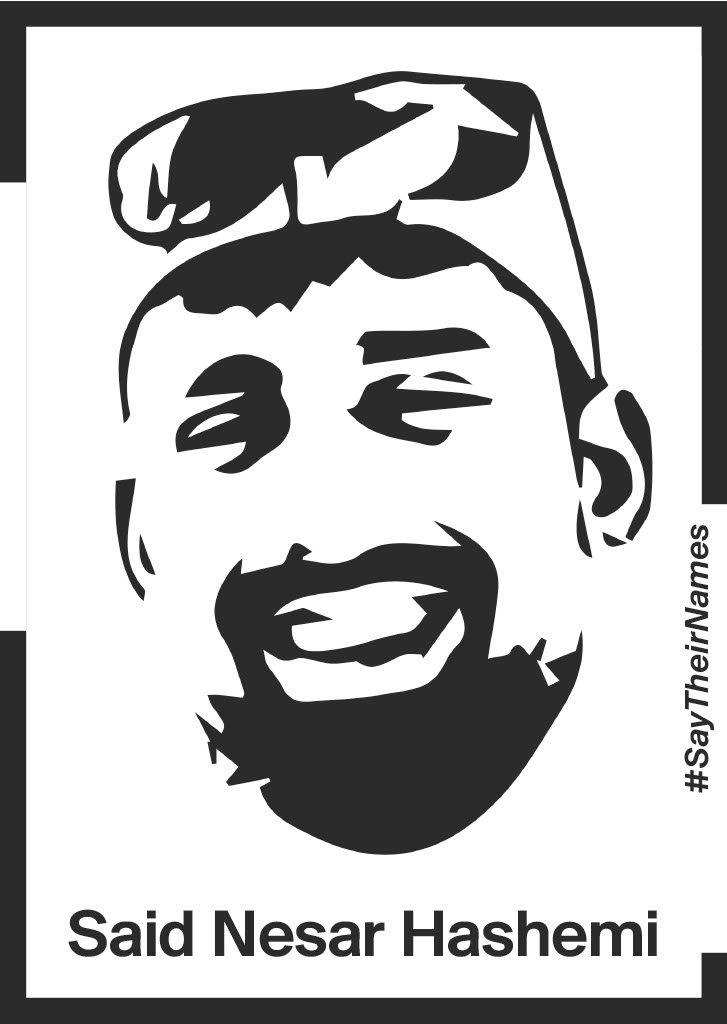
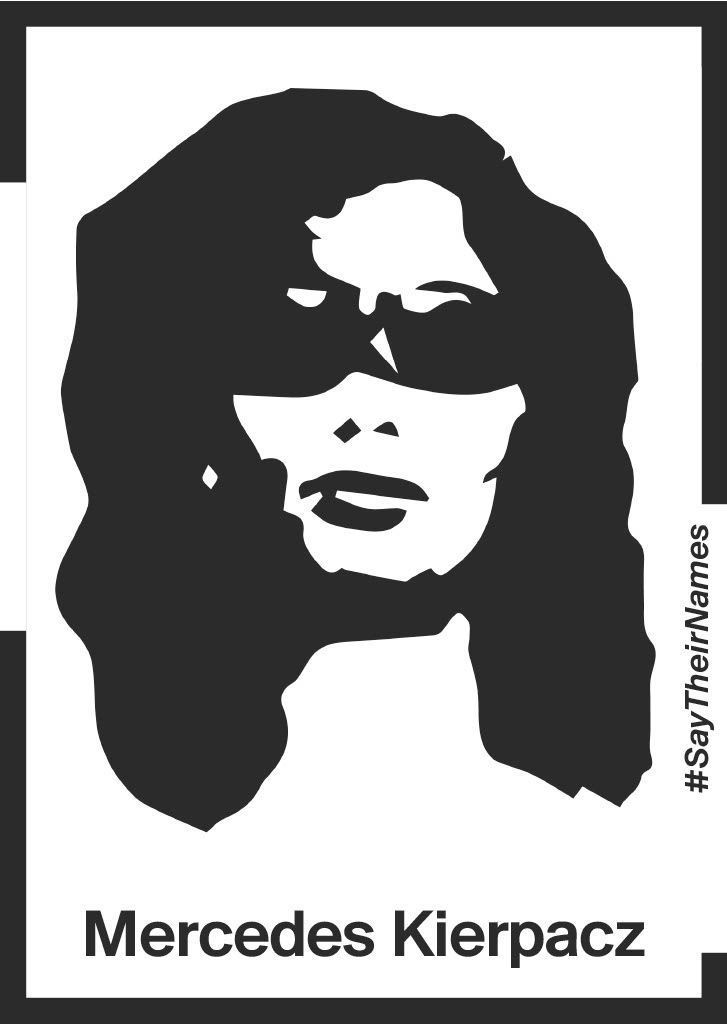
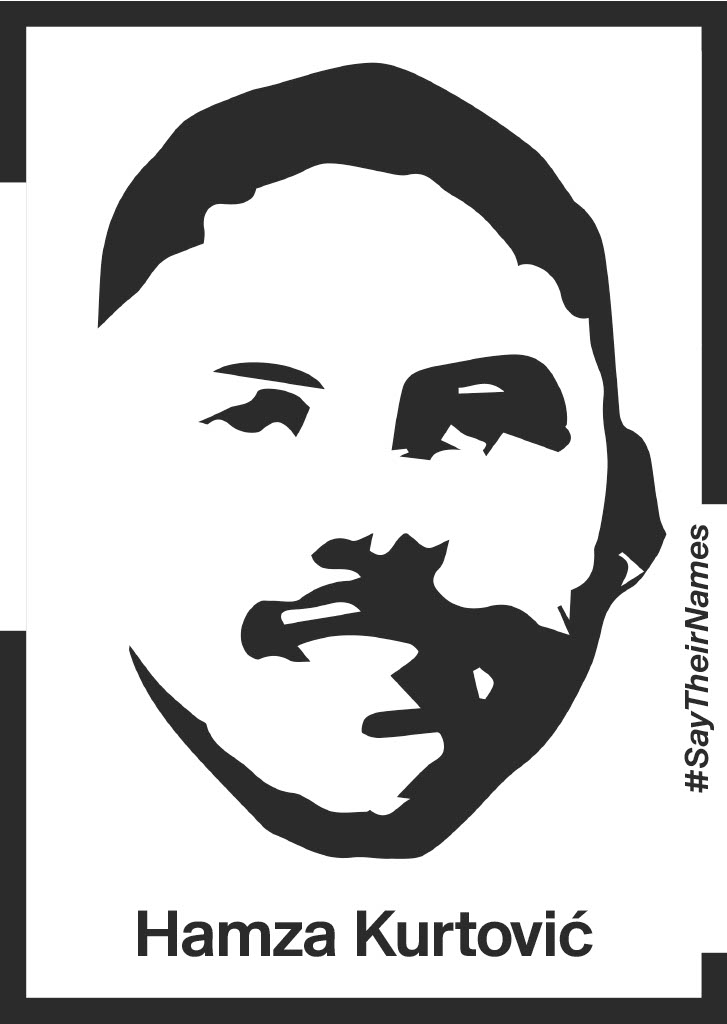
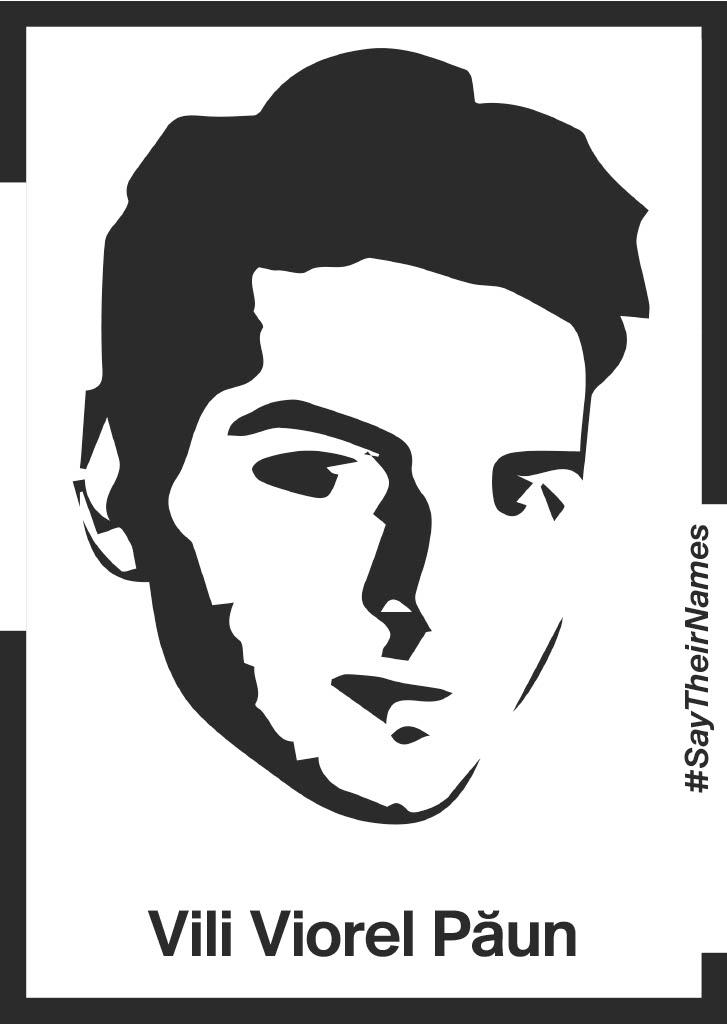
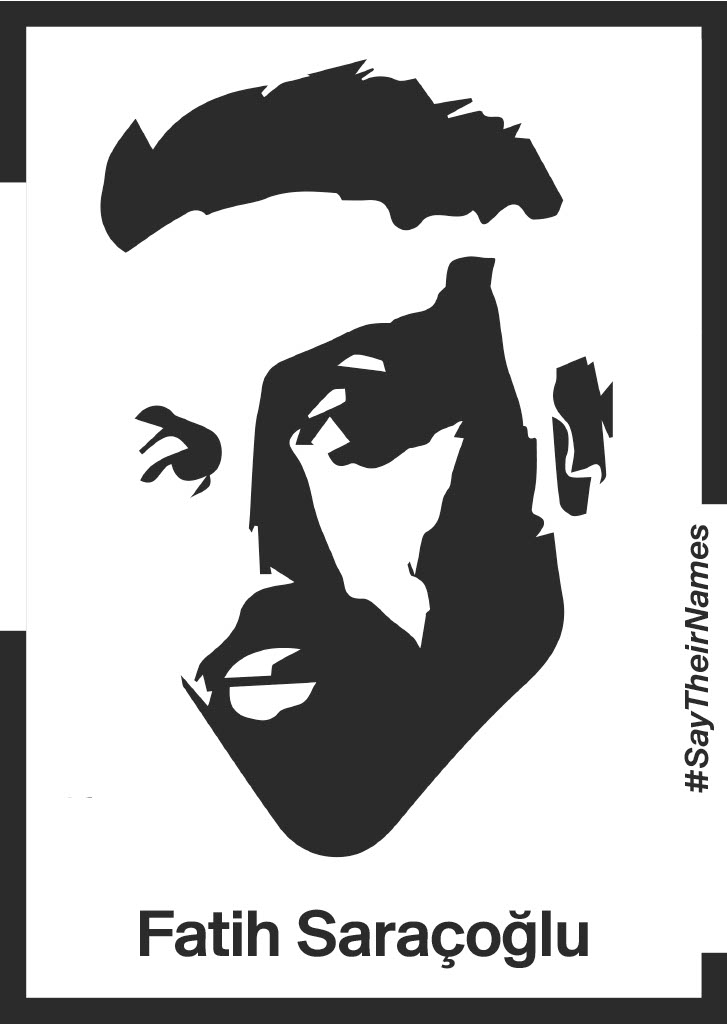
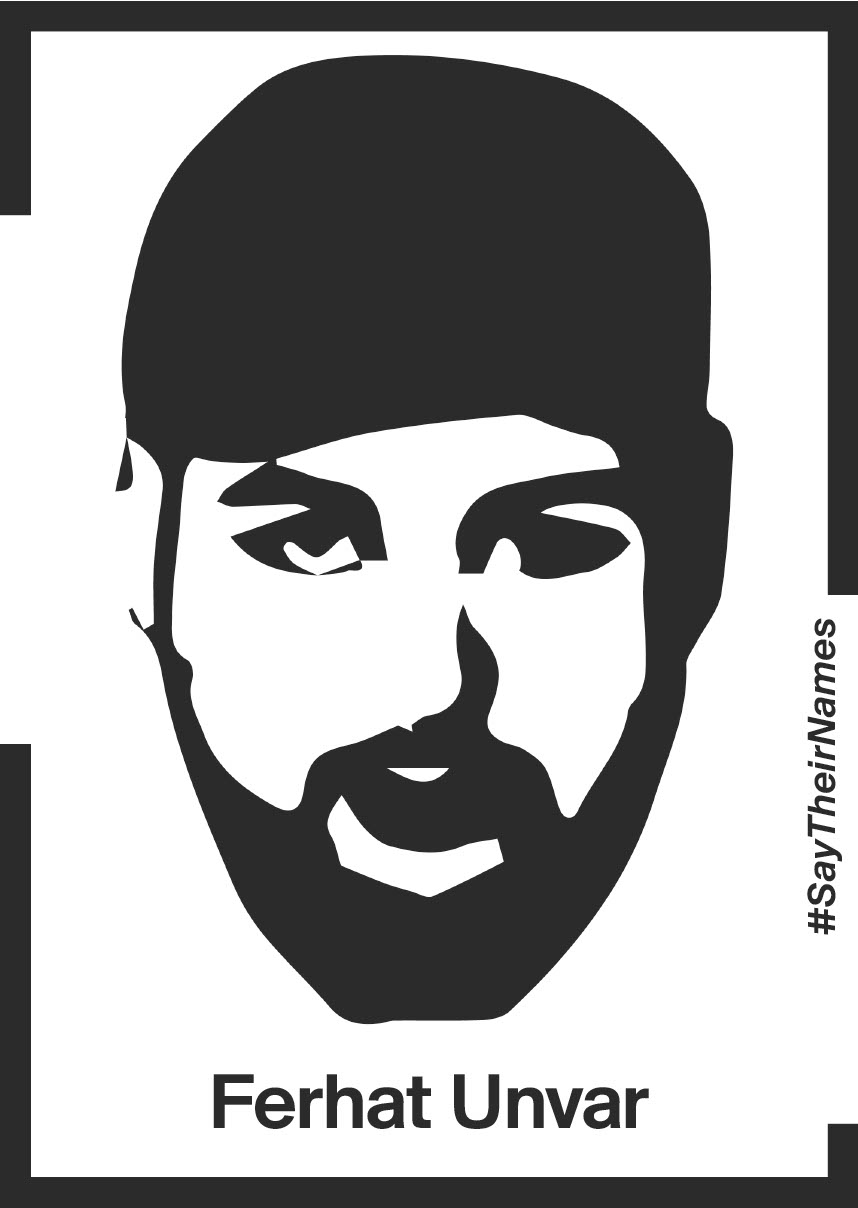
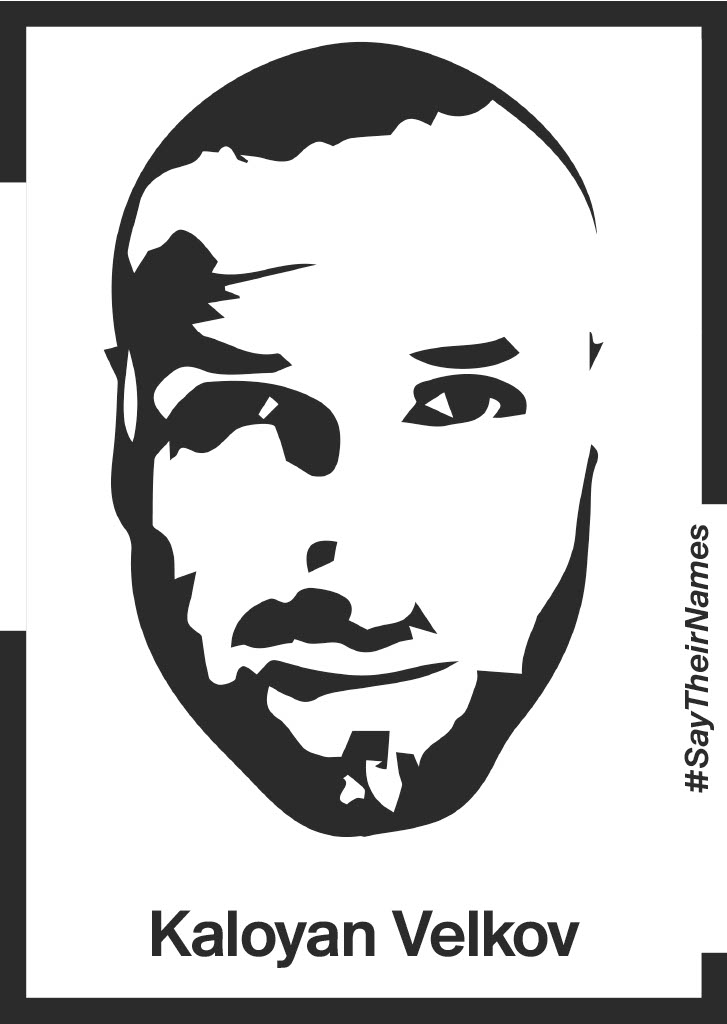
Gökhan was the pillar of his family. He was the younger brother, but as soon as he was old enough, he took care of everyone else. He was organized, hardworking and willing to take on responsibility. During the day he worked as a bricklayer until he started his own moving company. In the evenings, he also waited tables at the Arena Bar in Hanau-Kesselstadt. With the money he earned, he supported his parents and also put a little aside. The 37-year-old wanted to get engaged soon. Gökhan was a very harmonious person. He got along with everyone, he was well-known and something of a "colorful dog" in Hanau. His friends called him Gogo. Gökhan was born in Hanau, his family came to Germany from Turkey more than 50 years ago. His parents meant the world to him. Since his father was diagnosed with cancer two years ago, Gökhan drove him to Frankfurt twice a week for his treatment. Gökhan was the optimist in the family and was able to give everyone strength even in difficult times. In 2006, Gökhan himself was involved in a bad accident. It was a miracle that he survived. Suddenly wanting even more out of life, Gökhan became even closer with family and friends and donated money, for example to aid projects in Africa. He believed God had given him a second life.His father was one of the most important people in Gökhan's life, they saw each other almost every day. This was also the case on the evening of February 19, 2020. Gökhan and his father met by chance at 10 p.m., very briefly and without knowing that it would be the last time. Two minutes later, Gökhan died. 38 days after his son Gökhan, Behçet Gültekin also died at the age of 74. As stated in his will, he was buried next to Gökhan in the Turkish province of Ağrı, where the family was from. Çetin Gültekin, Gökhan's brother, wrote about this on Gökhan's birthday, March 31, 2020: "Gökhan, Dad still managed to be with you in time on your birthday. May Allah welcome you both in his paradise!"
When Sedat was born on May 16, 1990, the sun was shining. His parents were overjoyed that day. His grandmother was bursting with pride over her first grandchild. At one and a half years old, the boy was already speaking in complete sentences, enchanting everyone around him with his intelligence and charm. His mother read him both German and Turkish fairy tales. Sedat, otherwise full of energy, could sit still for hours for these stories. Until he was 18, Sedat played soccer for FC Dietzenbach. He often went to Frankfurt Eintracht games, enjoying the atmosphere in the soccer stadium. Since the day he was born, Sedat loved the sun and the warmth. As soon as the temperatures were just about right, he left the house in a T-shirt and shorts, but not without choosing his outfit carefully. He was always very well-groomed. Sedat attended the secondary school in Dietzenbach. It was clear to him early on that he wanted to start his own business one day. He worked steadily toward this goal. In 2017, he joined the shisha bar Midnight as a partner and fulfilled his dream. The Midnight became his second home. Sedat was almost always there, thanks to him there was always a familiar, peaceful atmosphere in the shisha bar. Everyone was welcome here, whether in a good mood or looking for a distraction from the stress of everyday life. If a guest couldn't pay, Sedat served him anyway. Trust was very important to him. Sedat always cared about his employees. Once, an employee asked him for tips for a job interview at another company. Sedat was willing to help; after all, the employee wanted to make more of himself, to get ahead. He himself had always been grateful to all his supporters. One of them had always been his grandmother. He called her every day to see how she was doing and if she needed anything. Sedat was a popular person. When he entered the room, the sun would rise. Sedat was born in Langen, but he grew up in Dietzenbach with his parents and one brother. Sedat's mother has lived in Dietzenbach for 50 years, and his father for more than 30 years. Sedat liked the colors white and blue. On May 16, 2020, he would have turned 30. His family cut a blue cake on that day. It was the first birthday without Sedat. Everyone was there, only he was missing. "He was a kind-hearted person. He was very appreciated by everyone. He was the one who loved people - no matter what their origin, creed or skin color. He loved life with all its ups and downs. He was always ready to help, whether old or young. If the perpetrator had known Sedat - he certainly would not have wanted to kill my son. Wherever he went, he shone like a sun." - Emiş Gürbüz (Sedat's mother)
The Hashemi family has lived in Hanau for almost 30 years. Each of their five children was born in the St. Vinzenz Hospital in Hanau. Said Nesar was the child of the middle: two siblings were older than him, two younger. The oldest sister is a teacher. Said Nesar kept telling her how proud he was of her. Said Etris, who is two years older, was also at the Arena Bar in Kesselstadt on the evening of February 19. He was shot, surviving seriously injured. Said Nesar always spoiled his two younger siblings. If they wanted something, he could not say no. Said Nesar spent his entire life in Hanau. He was happy here, this was his home. After graduating from Realschule at Otto-Hahn-Schule, Said Nesar trained as a machine and plant operator at Goodyear Dunlop and then worked there full-time. In 2019, he opted for further training as a state-certified technician at the Ludwig Geissler School, which he would have successfully completed in 2021. His car was his great passion. His license plate was a tribute to his hometown and district: it ended with the digits 454, the last three digits of the Kesselstadt postal code. Said Nesar always saw the good in people. If there was ever a dispute, he was the one to mediate. He always put his family and friends in a good mood. Said Nesar was to be best man to his best friend this year. The bride and groom refrained from celebrating after their wedding in August out of sadness. Said Nesar has many friends who miss him sorely. Said Nesar was the youngest victim of the racist attack on February 19, 2020 in Hanau. Together with his brother Said Etris, he had wanted to watch soccer in the Arena Bar that evening. After the shots were fired in the bar, Said Etris found himself lying on the ground, seriously wounded. Next to him lay Said Nesar. He was already dead, but he did not lose his smile even at that moment. For the Hashemi family, at that moment, time stopped. The world no longer turns for them. Their pain will never go away. Not a moment passes when they do not miss Said Nesar.
Mercedes was a cheerful person. A person who was interested in genuine friendship and whom you wanted to keep by your side. She was sympathetic and open, in her presence you just felt comfortable. She liked to have her friends around her and was very interested in their welfare. She was always there to help them with problems and worries. Mercedes was a mother of two children, for whom she devoted all her energy. She passed on her warm-heartedness and self-confidence to her son and daughter. Mercedes often turned up the music loud and danced - just like that and just for herself. She was curious about life and everything she would still experience together with her children. Almost every day Mercedes worked in the kiosk next to the Arena Bar. With diligence, she wanted to create the future for her loved ones. The name Mercedes means "the gracious, merciful one" - and that's exactly how she was: a deeply peaceful person who was always interested in her fellow human beings and their thoughts. Mercedes was born in Offenbach in 1984. Her family immigrated to Germany half a century ago. Mercedes was of the Catholic faith. On the evening of February 19, 2020, she had just gone to pick up a pizza for her children from the Arena Bar. Mercedes was 35 years old.
His name is Hamza Kenan Kurtović. He was born on 04.04.1997 in Hanau. His parents are Dijana and Armin Kurtović. Hamza grew up in Hanau and spoke the German language better than his mother tongue. Hamza has three siblings, two brothers Aziz and Karim and one sister Ajla. Ajla and Aziz are twins and the oldest, followed by Hamza and Karim. The age difference between the siblings is two years each. Hamza had completed his vocational training as a warehouse clerk in June 2019 and was at the beginning of his professional life. He had started a new job two weeks before his death and was overjoyed and satisfied with his new job. He told his parents that he wanted to work there until he retired. Hamza was a wonderful, sympathetic, loving and always good-humored person. He was very responsible, helpful, reliable and above all Hamza was always there for his family and friends. And that no matter what time of the day it was. He was available for his friends and family at any time. The welfare of others was his top priority. For example, he lent his car to his neighbor when his car broke down, even though he needed it himself to drive to work. It was more important to him that the neighbors not inconvenience themselves. He organized car pools for them. Hamza was committed to helping people in need. He had been donating to them since his first apprenticeship. Hamza had a big heart. He was a family man, kept everyone together and happy. He was the rock of the family. Hamza was very outgoing. He had a very large circle of friends. His hobbies included meeting and talking with friends, and he also had a fondness for cars. He had recently overcome his fear of flying and was promptly planning more trips with friends, including long-haul flights. He had certainly imagined his last trip differently. He did not start this one alone, but left with some of his closest friends.
Vili-Viorel had been living in Germany since 2016. His father had brought him and his mother from Romania to live with him after he had already spent a year alone in Hanau. Vili-Viorel had wanted to continue attending school, but put the well-being of his family first. To support them, he began working as a courier driver. Vili-Viorel was a helpful, hardworking and very responsible young man. He was very happy with his girlfriend. He was a quiet guy, very mature for his age. He was not someone prone to jumping the gun, and yet it was he who, on the evening of February 19, observed the shooting at the first crime scene on Heumarkt and tried to block the perpetrator with his car. When that failed, he pursued the perpetrator in his car to Kurt-Schumacher-Platz. On the way, he tried several times in vain to call 911. At Kurt-Schumacher-Platz, the assassin shot Vili-Viorel in his car in the parking lot in front of the Arena Bar. The young man paid for his civil courage with his life. Vili-Viorel was the only child of his parents. They, too, feel as if they no longer have a future. Vili-Viorel's father Niculescu searches for answers. Sometimes also in himself. He had brought his wife and Vili-Viorel to Germany. He said it was good here. The Păuns had their son buried in Romania. In Germany, nothing gave them support, so they returned to their homeland. Here they can be with Vili-Viorel. Vili-Viorel has earned the gratitude and respect of all Hanau citizens. He will always remain a role model. A specially erected cross on Kurt-Schumacher-Platz commemorates Vili-Viorel's courage and humanity, and also serves as a reminder that something like this will not happen again.
When his mother was pregnant, Hayrettin pointed to his mother's belly and said his little brother should be named Fatih. Fatih is the name for someone who opens doors, who creates things and conquers life. That's the kind of brother Hayrettin had wanted and gotten. Fatih always had goals. He moved from Regensburg to Hanau to build up an existence here. He started his own business as a pest controller. Just a week before he died, a local radio station did a feature with him and his small business. Fatih was so happy and hoped to gain many new clients. All his effort and hard work seemed to be paying off. His family was very proud of him, as always. Fatih always took care of his parents. He regularly went to Regensburg to assist them in dealing with authorities and to translate for them. Fatih's family is from İskilip, Turkey. Fatih was always hardworking, but he also knew how to enjoy life. Together with his brother Hayrettin, he liked to go to sports, then to the sauna and afterwards to a good restaurant. Fatih appreciated delicious food very much. On the evening of February 19, Fatih just happened to be at Heumarkt because he had driven a friend downtown after work. Fatih was shot dead in the street. On April 1, 2020, Fatih would have turned 35. His father's birthday is on the same day. They always celebrated together. Fatih was buried in Turkey next to his mother, who had already died. His brother Hayrettin prays every day that he and the whole family will find a way to endure the mourning for Fatih.
Ferhat Unvar was born on November 14, 1996 in Hanau am Main. He was the first child of Serpil Temiz and Metin Unvar. Ferhat has three siblings, one sister and two brothers. His grandfather built the streets of Hanau, at that time as a guest worker. Ferhat was a gifted child, he was very interested in mathematics and read a lot at home. One of his favorite authors was Paulo Coelho. He was a philosophical and profound person, liked to talk about God and the world and questioned everything. Ferhat was always ready to help. If he noticed that someone needed help, he was there immediately - even if it was just to make his friends laugh. He always thought of other people's needs before he thought of his own. That's what made him so special. He treated women with the utmost respect, a true gentleman. For example, if he saw a person being harassed, Ferhat came directly to help. Moreover, he got along with all kinds of people, regardless of age and background. Ferhat liked to go fishing and met many older people there. He even made a fishing license, although he did not like to eat fish. He gave away the fish he caught. Although Ferhat Unvar was such an open person, he also had some worries that he did not share with many people. But he did not talk about them with many people. Like, for example, the school policy: He believed that academic performance says nothing about a person's intelligence. Ferhat always had to fight at school. Often there was trouble. Statements like "You'll never amount to anything" discouraged Ferhat and his motivation waned. Ferhat and his mother often argued about this. Even though Ferhat completed his training as a heating installer, he did not celebrate his graduation. For him, school was a problem he had to solve. He wanted to become independent and start his own company. Ferhat wanted to do something good for Hanau. Ferhat wanted to give people a warm home. Ferhat wanted to travel, explore the world, get to know different cultures.
Kaloyan came to Germany two years ago with his wife and son. The 33-year-old worked as a truck driver and also helped out at the "La Votre" restaurant on Heumarkt. His wife and son returned to Bulgaria, but Kaloyan stayed in Germany to build a livelihood and continue to support the family in Bulgaria. Kaloyan brought his mother to live with him. They lived in Erlensee, and in the apartment below them lived Kaloyan's cousin Vaska and her children, with whom he also spent a lot of time. Kaloyan's life consisted of work and sports - he was very content with that. Kaloyan never needed many things for his inner happiness, he lived very frugally. He liked to eat very much, but he cooked himself only once during his time in Germany, when his brother was visiting. He made meat with potatoes in tomato sauce. Everyone's stomach ached afterwards - not only from eating so much, but also from laughing so much that night. Vaska talked to her cousin Kaloyan on the phone for the last time at 9:47 p.m. on February 19, 2020. They had talked about going to a bar with live music together that weekend. At 9:57 p.m., Kaloyan was dead. Kaloyan's mother was still waiting for his return several days after his death. Vaska could not dissuade her, let alone reassure her. Finally, Kaloyan's mother could no longer stand it in Germany and returned to Bulgaria. Kaloyan was buried near his family, in his hometown of Mesdra. It is a tradition here to also bring the dead something to eat or drink when visiting them at the cemetery. Kaloyan's son brings him his favorite drink.